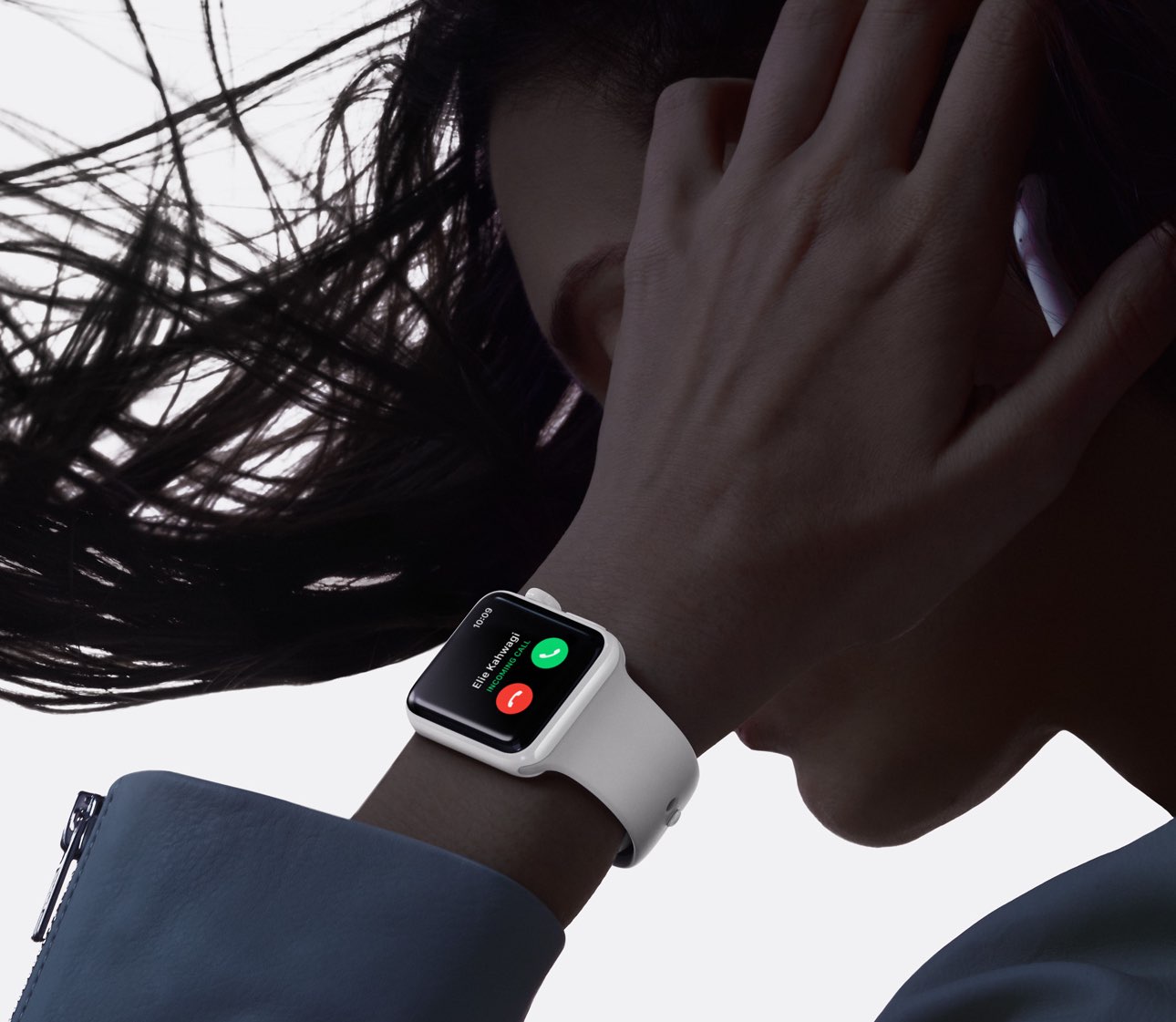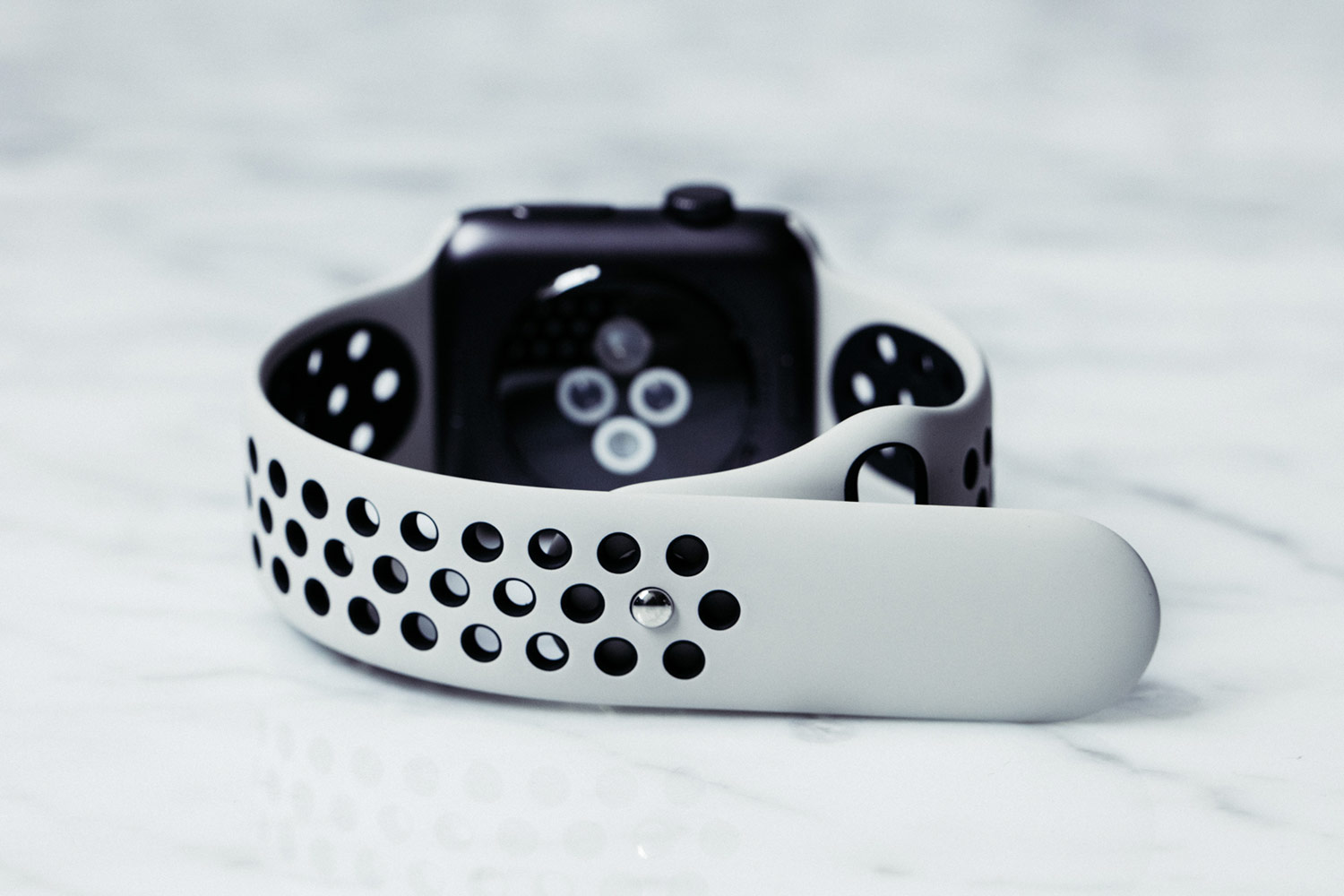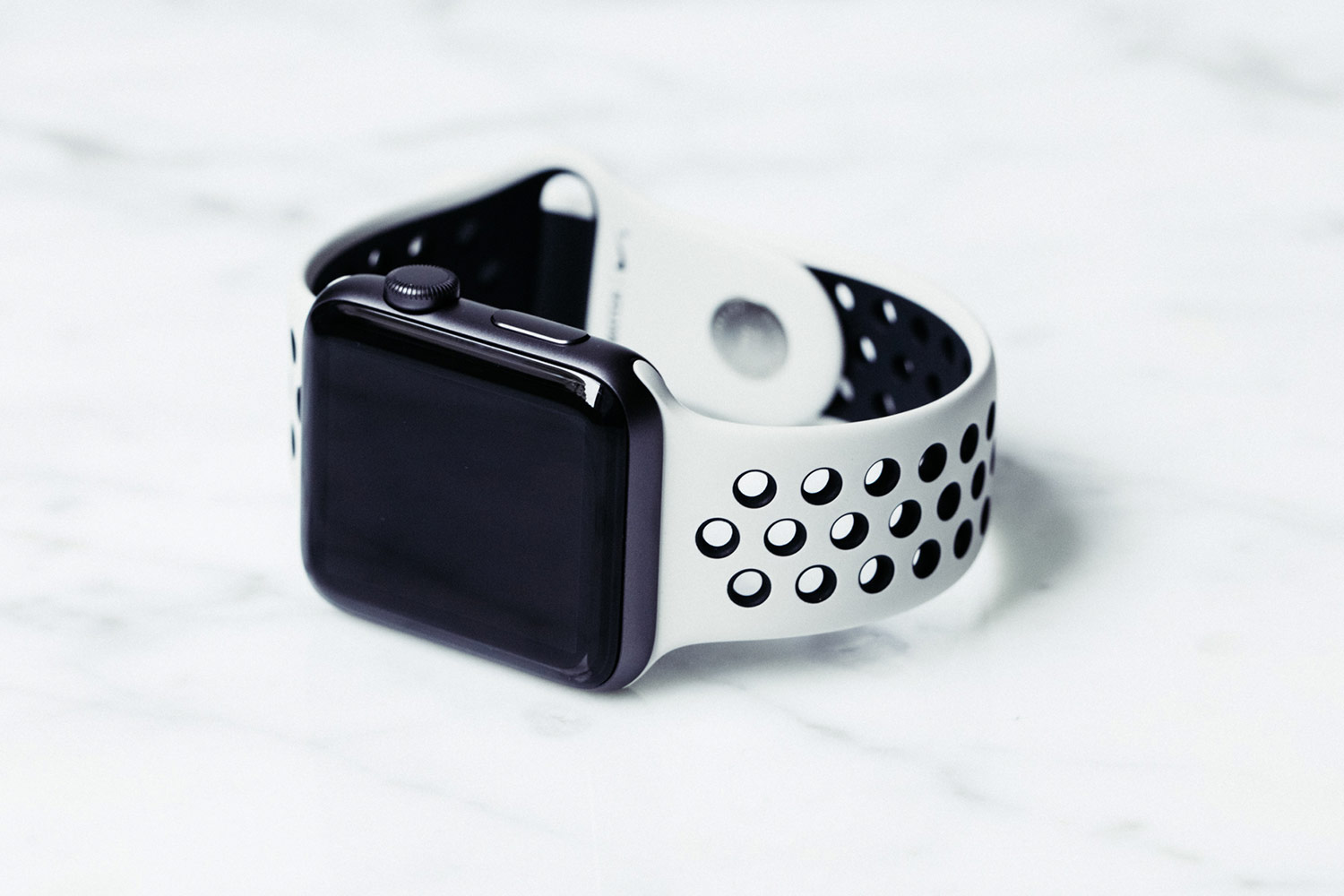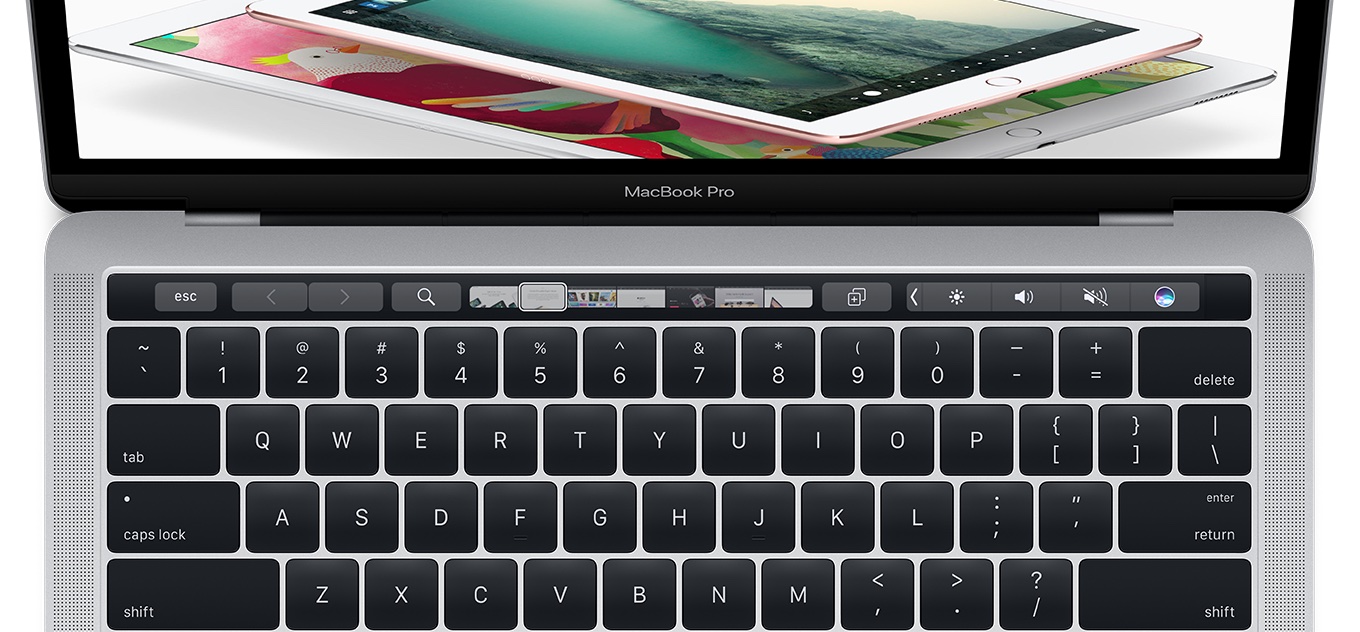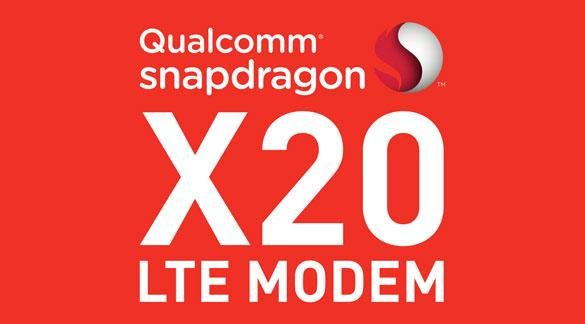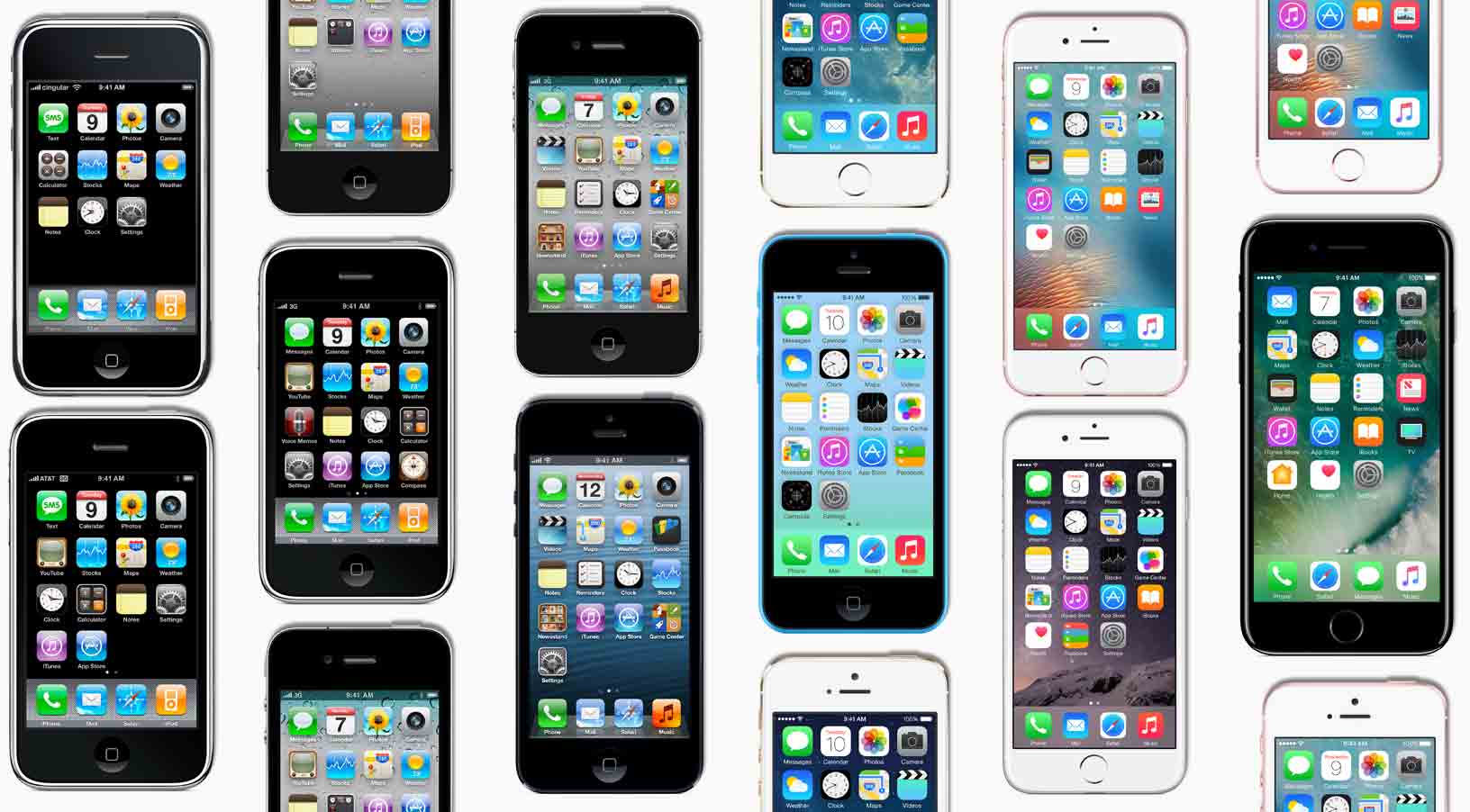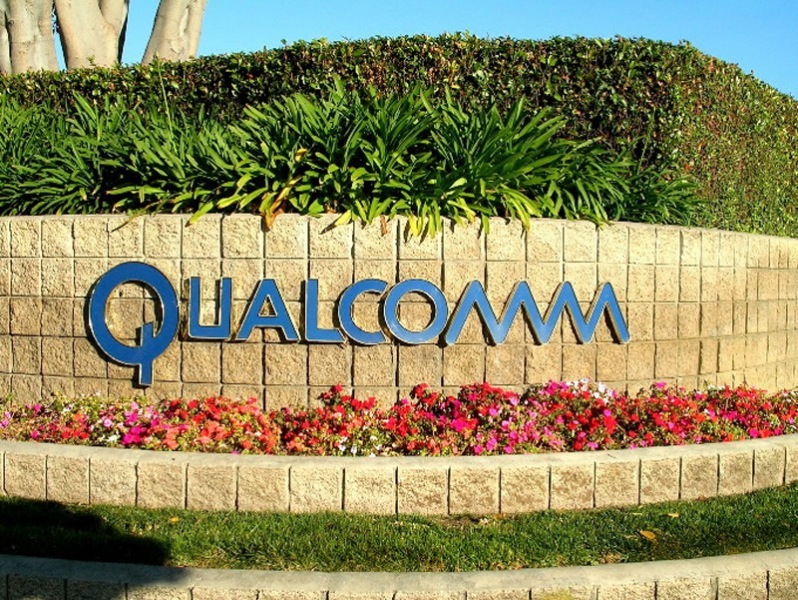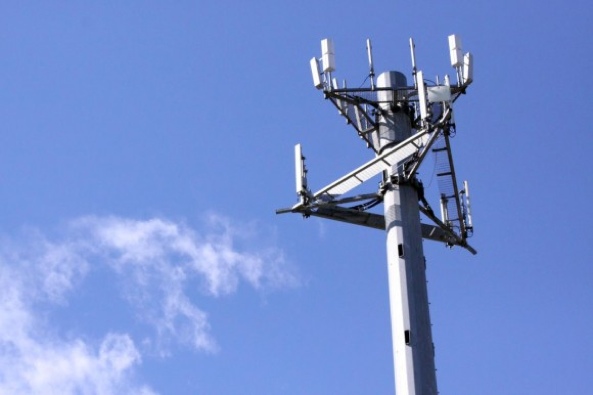Windows maker Microsoft's new “Always Connected PCs” initiative focuses on helping computer manufacturers bring to market LTE-enabled notebooks that incorporate eSIM technology (not to be confused with Apple SIM). The company said at the Computex 2017 show this morning in Taipei that it will partner with PC vendors, carriers and chip makers like Intel and Qualcomm on the new initiative.
Created a year ago by Apple, Samsung and other players, these SIMs are embedded directly into a device and cannot be removed. But perhaps more important than that, eSIMs are universally compatible with all carriers and as such allow customers to sign up for a wireless service right on their device.
First LTE-enabled Windows notebooks featuring eSIM technology (via Qualcomm's Snapdragon 835 chipset) are on the way from ASUS, HP and Lenovo, said Microsoft. These new Intel x86-based devices will feature Windows 10, always-on LTE connectivity and “great battery life”.
Huawei, VAIO and Xiaomi are committed to Always Connected PCs using eSIM technology, too.
“There is a new generation of users that need to be connected to the cloud at all times. They are students, creators, freelancers, small businesses and enterprises,” said the Redmond firm.
“This means sharing experiences across screens and leveraging the latest network technology like gigabit LTE and eSIM.”
The eSIM standard works virtually anywhere in the world, meaning customers are able to switch carrier instantly, no paperwork or a physical SIM card required whatsoever. Apple owns a patent for an LTE-enabled MacBook with wireless antennas integrated within a hinge mechanism, as depicted on the patent drawing below.
Updated Mac notebooks are expected at WWDC next week, according to Bloomberg.
Ahead of the WWDC keynote, an Apple regulatory filing in Russia has identified five unreleased Mac notebooks, plus a next-generation Magic Keyboard and new iPad Pro models.
It's unclear if these refreshed MacBooks will feature embedded LTE connectivity, but if a next-generation MacBook with an eSIM is lying around somewhere in Jony Ive's basement now would be a good time to bring it to market.
